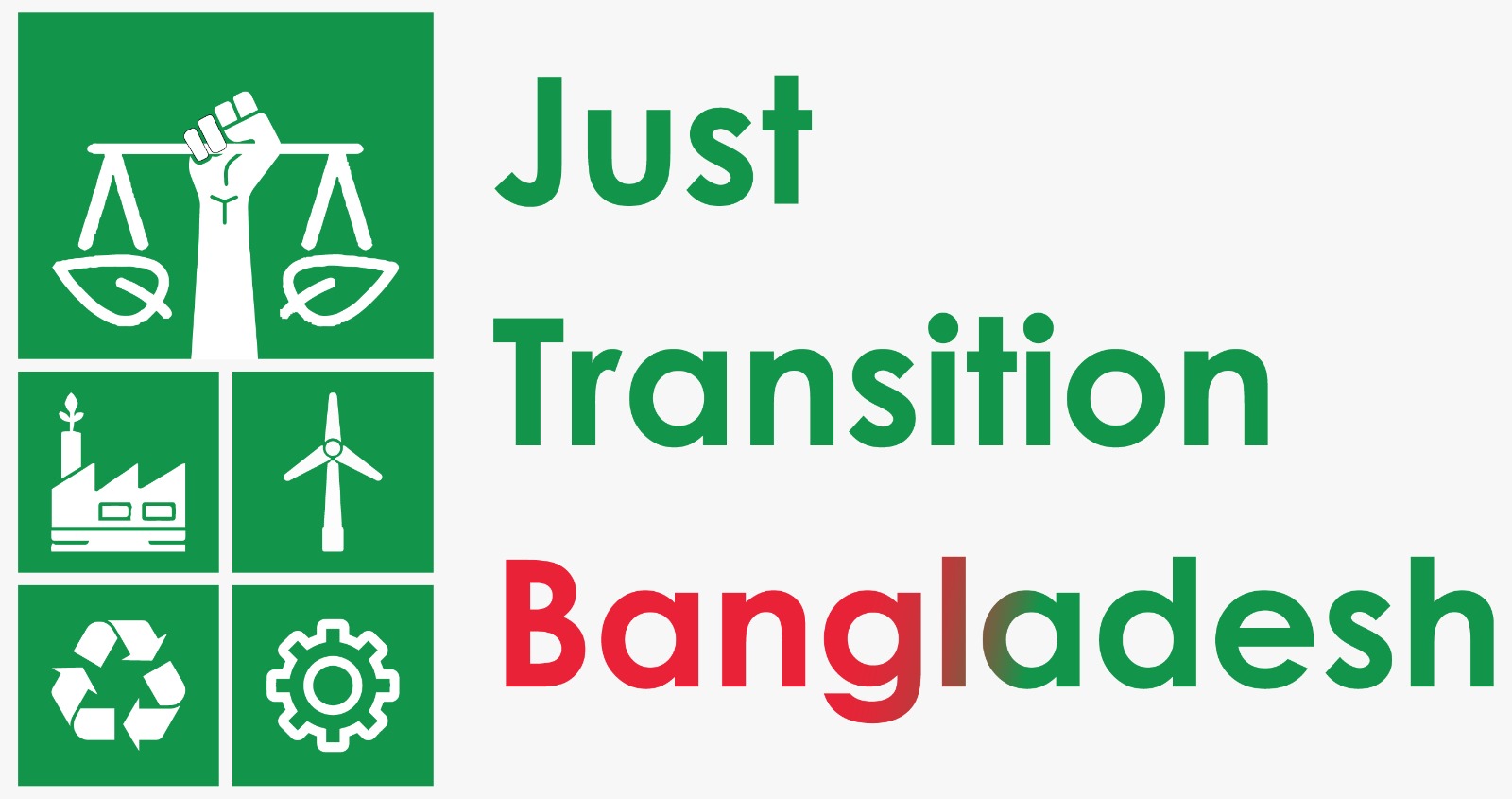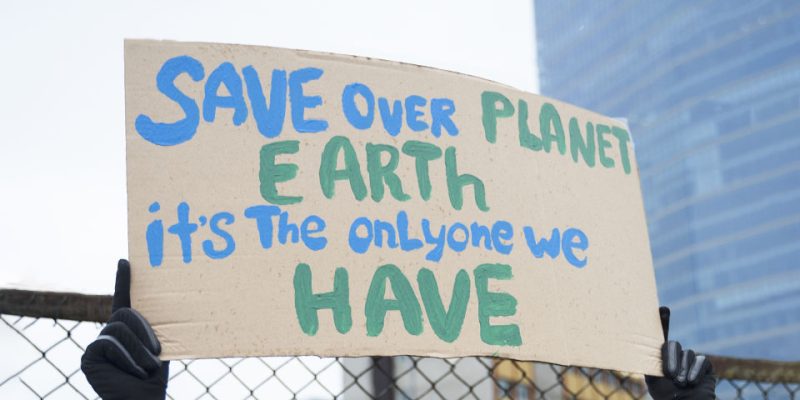Climate justice entails prioritizing equity and human rights in decision-making and actions concerning climate change. Developed countries contribute significantly to the Climate Change due to their massive greenhouse gas emissions and industrialization. Yet, poor countries are major sufferers of Climate Change, despite contributing minimally to the problem.
So, developed countries should establish a Climate Fund and assist in creating sustainable job opportunities and social safety nets to support poor nations in their efforts to combat Climate Change. Ensuring a Just Transition for affected people in poor countries is crucial. Wealthier nations bear the responsibility for equitable transitions. Affected communities in poor countries should not be left behind.
Various dimensions of climate justice exist, including structural inequalities, socioeconomic disparities and intergenerational inequity.
Structural inequality
Structural inequalities based on race, ethnicity, gender and socioeconomic status, result in uneven impacts of climate change within countries. Women, lacking same access to resources as men have high vulnerability. Similarly, people with disabilities are at greater risk due to climate-related threats. Indigenous Peoples confront escalating risks to their traditional knowledge and ways of life. Moreover, people living in coastal areas are also at risk regarding health, food security and livelihoods.
Socioeconomic inequality
Socioeconomic inequalities also play a crucial role, with low-income countries and vulnerable populations disproportionately affected by climate-induced loss and damage. Globally, a small percentage of households with high per capita emissions significantly contribute to overall greenhouse gas emissions, while the least affluent bear a smaller burden.
Intergenerational inequity
Intergenerational inequity underscores the plight of children and young people, who inherit the consequences of previous generation’s decisions. Despite their minimal contribution to the crisis, they will endure its impacts throughout their lives. Therefore, climate decision-making and actions must prioritize safeguarding their rights and interests.



